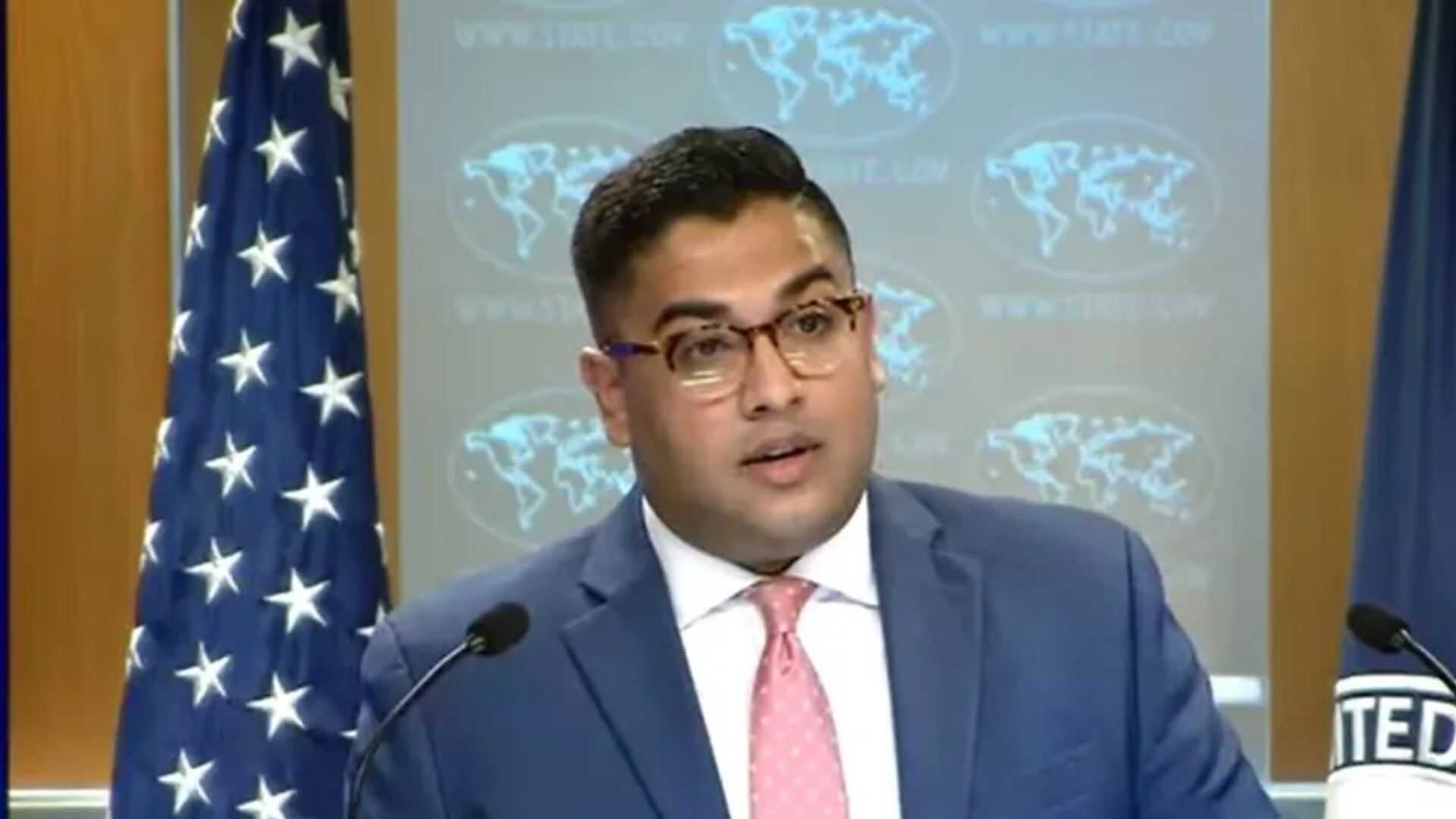
The incident in Bengal has shaken the very core of what we believe to be true about respect for women in India. In a society that often reveres women as goddesses, as symbols of purity and strength, how do we come to terms with the brutal reality of what happened to the lady doctor? This event is not just a tragic reminder of the vulnerability of women, but also an alarming indication of how deep-rooted misogyny and corruption can be in our system. The lady doctor was a young, dedicated professional working in Kolkata’s RG Kar Medical College. After working back-to-back shifts for 36 hours, she took a break, hoping to rest in a seminar hall within the college premises. But what followed was nothing short of a nightmare. The lady doctor was found dead, her body exhibiting signs of horrific torture—blood pouring from her eyes, mouth, and private areas, multiple fractures across her body, and clear signs of violence that only point to one conclusion: this was not a suicide; this was murder.
This crime was brutal in every sense. Her family was misled into believing their daughter had taken her own life, and efforts were made to destroy evidence, delay arrests, and cover up what had really transpired. It was only through public outrage and protests that the case gained media attention, forcing the authorities to take action. But the delay in investigation risks compromising the entire case, allowing the guilty to potentially walk free. One of the suspects, a Kolkata police volunteer named Sanjay Roy, was found to have a record of extortion, intimidation, and threats against women. Despite his past actions, he was still allowed access to the college late at night. His Bluetooth headset was found at the scene, further linking him to the crime, yet it seems that the entire system was more interested in shielding him than in bringing justice to the lady doctor. What does this say about our society, where the protectors become the perpetrators?
The situation was so dire that even Bengal’s Chief Minister, Mamata Banerjee, had to warn the police to show progress or risk the case being transferred to the Central Bureau of Investigation (CBI). Yet, even this political maneuvering highlights another disturbing trend—political connections often seem to offer immunity in such heinous crimes. Is this the new normal in India? We need to think some hard questions, that why does a rape or a murder in one state get more attention than in another? Why is it that in certain states, no matter how serious the crime, the system somehow manages to bury the truth? Bengal, for instance, has become synonymous with post-election violence that often gets swept under the rug. And now, this incident involving the lady doctor is being met with the same apathy. The principal of the college where the crime occurred was given a promotion to another medical college—just hours after resigning from his position. What message does that send to the people of Bengal, or to the rest of India?
The core of this issue lies not just in the crime itself but in how we, as a society, have normalized the idea of sweeping things under the carpet. Crimes are committed, evidence is destroyed, and the victims and their families are left fighting for scraps of justice. It’s not just Bengal—it’s a disease that plagues the entire country. Corruption, political connections, and the lack of accountability make it nearly impossible for justice to prevail. Social media may help bring these cases to light, but even that is temporary. The outrage dies down, people move on to the next tragedy, and the cycle continues. Those in power are never truly held accountable. They flaunt their positions of privilege and pride, knowing the system is designed to protect them, not the innocent.
This isn’t just about a lady doctor, it’s about a pattern of behavior that repeats itself over and over again. Whether it’s a lady doctor working tirelessly for the lives of others, only to meet a tragic end, or the thousands of other women who face harassment, abuse, and violence daily, the message is clear: respect for women is still a distant dream in India. Women, regardless of their profession or background, are still not safe. From workplace harassment to domestic violence, from online abuse to physical assault—women continue to bear the brunt of a system that often sides with their abusers. And the worst part? Many people still ask, “What did she do to deserve it?”
This mentality must change. Rape is not about sex; it’s about power. It’s about men who feel the need to assert dominance over women to validate their own worth. It’s a sickening display of ego and entitlement that manifests in violence. Until we acknowledge that, we cannot begin to change. As a society, we need to reflect deeply on the state of our collective conscience. If a man needs to inflict pain on a woman to feel powerful, what does that say about the psychological state of our nation? India is home to more than 50% women, and if we want to progress, we need to ensure that women can walk free, unafraid, and empowered. We need women who aren’t just confined to the four walls of their homes but can venture out and contribute to society without fear for their lives.
Today, it is disheartening to acknowledge that the accused in such brutal crimes seem to have little to no fear of the consequences that await them. This speaks volumes about the gaps in our legal and societal structures—gaps that enable such individuals to believe they can commit these horrifying acts with impunity. It is time for us to confront an uncomfortable truth: that every instance of rape is an attack not only on the body of a woman but on the very essence of our humanity. These are not ordinary crimes; they are violations of the deepest kind, where life itself is ripped apart, leaving behind a legacy of suffering that words cannot adequately capture.
We must recognize that the rape of a woman is, indeed, a “rarest of rare” offence—an act so vile that it transcends the boundaries of ordinary criminality. Life imprisonment, while severe, does not fully serve justice in cases where such barbarity is involved. The agony inflicted upon the victim and her family deserves more than mere containment of the criminal; it demands retribution proportionate to the crime. As articulated in the landmark judgment of Bachan Singh vs. State of Punjab (1980), Hon’ble Justice Y.V. Chandrachud, P.N. Bhagwati, and their esteemed colleagues debated the profound gravity of life-and-death decisions within the judiciary. Their words resonate even more today: for crimes that snatch away life itself—through the devastating trauma of rape, torture, and murder—death is the only fitting response.
These individuals who commit such heinous acts, for whatever twisted reason, relinquish their right to the protection of human and fundamental rights in this state. When they choose to destroy lives with complete disregard for the sanctity of life itself, they forfeit the privileges that our Constitution guarantees to those who live justly. Their actions place them outside the realm of humanity, and our legal system must reflect that understanding.
We must ask ourselves—how can we, as a society, claim to protect the vulnerable if we allow such monsters to exist among us without the most severe consequences? If the fear of punishment is non-existent, then our society has failed its most basic duty to ensure safety and justice. We cannot afford leniency in cases that break the moral and social fabric of our nation. It is time to send a message loud and clear: no more will we tolerate this brutality. The death penalty must stand as a solemn reminder that some lines, when crossed, leave no room for redemption. And only then can we hope to create a future where such acts of unimaginable cruelty become a thing of the past.
Prof. Jyotirmoy Banerjee, Assistant Professor, Amity Law School, Amity University, Bengaluru
Prof. Ishan Atrey, Faculty (Law), Indian Institute of Management Rohtak















